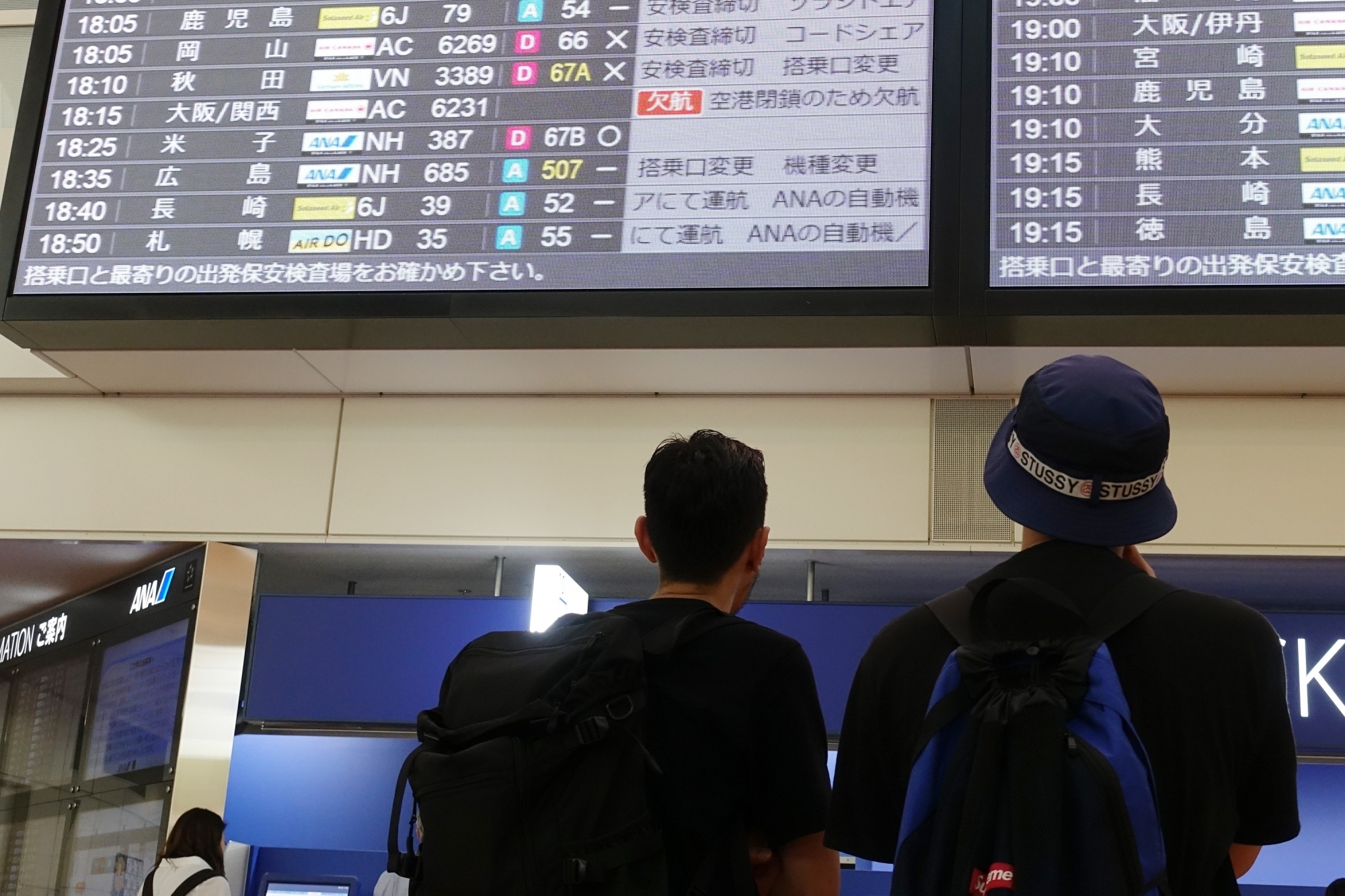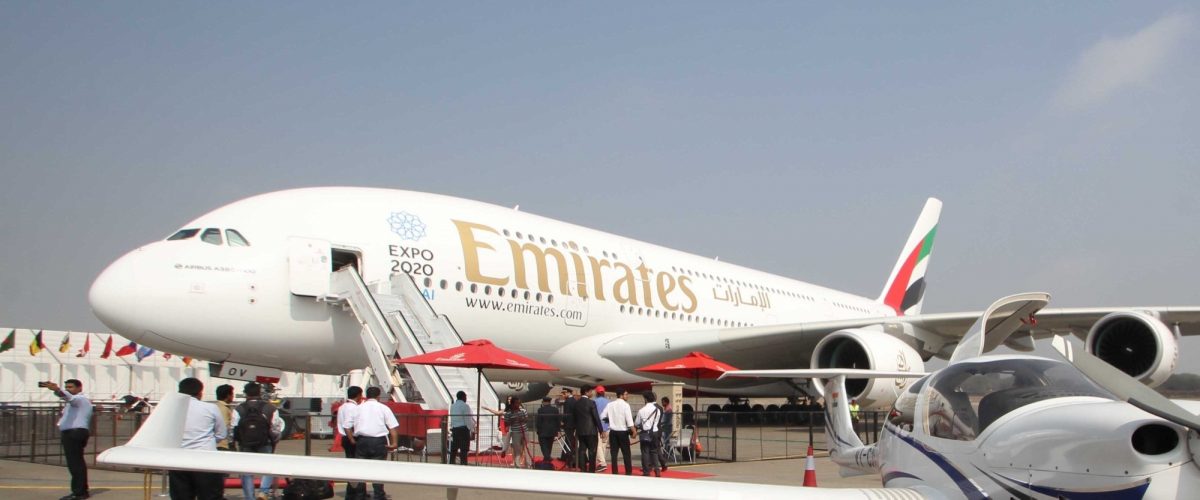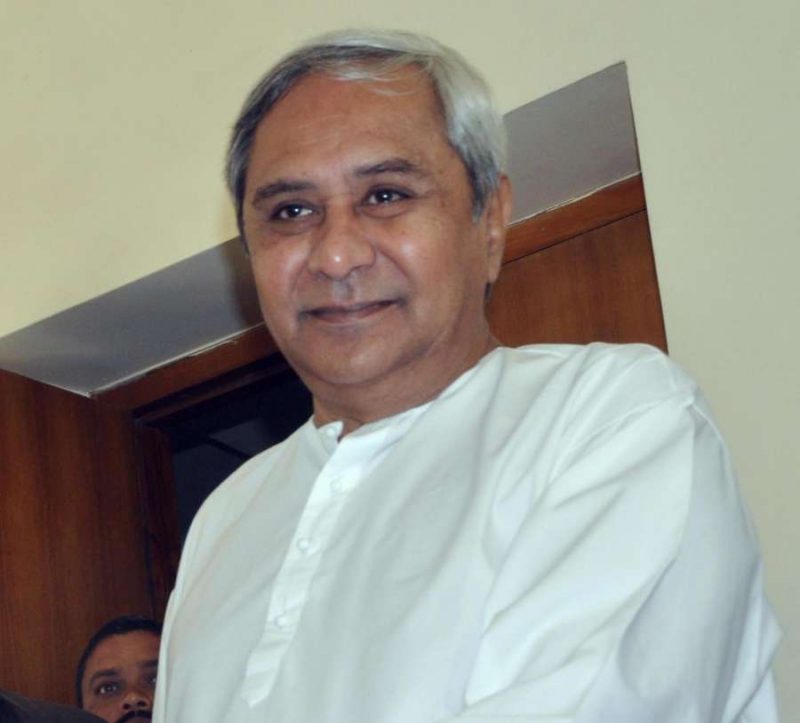Japan on Friday lifted its remaining domestic travel restrictions and reiterated plans to open its borders in order to reactivate the tourism industry hit by the coronavirus crisis.
The country’s state of health emergency was lifted on May 25 but restrictions continued on non-essential travel to and from Tokyo and the neighbouring prefectures of Chiba, Kanagawa and Saitam, as well as Hokkaido, the most affected regions in the country, reports Efe news.
The removal of restriction has made way for the recuperation of tourism, which will initially be domestic as the archipelago maintains an entry ban on people from 111 countries.
These restrictions led to a 99.9 per cent slump in the number of foreign visitors in the last two months, indicating a record low.
The government also reiterated that it is set to lift the ban on the entry of people from the 111 countries in phases, however it did not specify dates.
Prime Minister Shinzo Abe on Thursday said that the first countries to have the entry ban lifted would include Vietnam, Thailand, Australia and New Zealand.
In the case of Vietnam, official talks were in the final stage, Foreign Affairs Minister Toshimitsu Motegi said in a press conference on Friday.

Regarding other nations, the Minister anticipated that measures to lift travel restrictions will be expanded “step by step”, taking into account how the pandemic is being controlled in those countries.
According to financial daily Nikkei, which cited unnamed government sources, travellers from the US, South Korea and Taiwan may have to wait until next fall.
Tourists from China, South Korea and Taiwan usually top the list of foreign visitors to Japan.
Japan plans on asking visitors to take PCR tests before entering the country, and to carry out testing at airports.
Tokyo on Friday also lifted restrictions on business activities with an aim to recover its economy.
The capital therefore entered its third and final phase of reopening, with restaurants and similar businesses resuming usual operations. However many reduced their business hours after requests from local authorities.
Among the measures was also the request for the closure of venues with live music performances, nightclubs and similar entertainment establishments where clients and staff are in close contact in confined spaces.
The end of restrictions come amid a rise in the number of novel coronavirus cases, particularly in Tokyo, since the state of emergency was lifted.
Between Monday and Thursday, Tokyo, the most affected region due to COVID-19 with a third of the country’s 17,700 cases reported in the city, recorded more than 130 cases.
So far, Japan has reported some 17,700 COVID-19 cases with 935 deaths.









